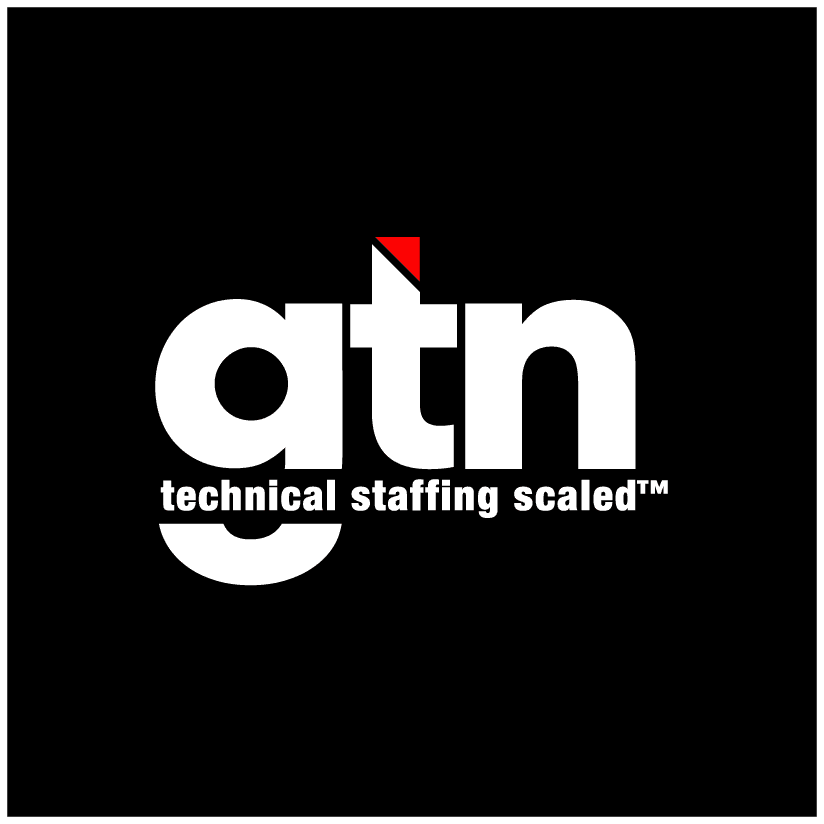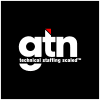Imagine interviewing two candidates with nearly identical technical expertise for a highly competitive role. One speaks with clarity, collaborates effortlessly, and shows emotional insight into the team’s challenges. While technically sound, the other candidate struggles to connect or adapt to hypothetical scenarios.
Who would you hire?
More often than not, the former candidate gets the job, and this decision reflects a growing trend in the workplace: the rising value of soft skills.
LinkedIn’s Global Talent Trends report found that 92% of talent professionals say soft skills are just as important, if not more so, than technical skills when hiring. A report by McKinsey revealed that increasing numbers of jobs will require soft skills like adaptability and emotional intelligence as automation replaces technical tasks. These statistics highlight a fundamental shift in what employers seek in a modern workforce.
Why Are Soft Skills More Important Than Ever?
The evolving nature of work, shaped by technology, globalization, and hybrid work models, shifts our emphasis from what you know—to how you work. While technical skills remain essential for most roles, they are no longer sufficient. Employers today seek individuals who can navigate change, work collaboratively, and approach challenges with empathy and creative problem-solving.
Communication Is the Backbone of Teamwork
Clear and effective communication is essential whether in the office or working remotely. Miscommunication costs businesses billions every year—in fact, one study by Grammarly and The Harris Poll estimates that poor communication costs U.S. businesses up to $1.2 trillion annually. Clear communication fosters trust, aligns goals, and ensures projects stay on track in collaborative environments.
Employees with strong communication skills excel at:
- Articulating ideas succinctly.
- Actively listening to feedback and concerns.
- Delivering information in a way that resonates with different audiences.
Beyond the workplace, communication also extends to client and customer interactions. A technically skilled employee who cannot explain solutions to clients may struggle to deliver value, whereas a communicator can bridge this gap and strengthen relationships.
Adaptability Is the New Competitive Edge
In a constantly changing world, the ability to adapt has become a critical differentiator. Consider how the COVID-19 pandemic disrupted industries overnight, forcing employees to pivot to new tools, workflows, and responsibilities. Adaptable individuals thrive in uncertainty because they:
- Approach change with a growth mindset.
- Learn new technologies and processes quickly.
- Stay calm and focused under pressure.
For employers, having an adaptable team means resilience during crises and agility in responding to market changes. For employees, adaptability opens the door to new roles and opportunities as industries evolve.
Emotional Intelligence Drives Leadership and Collaboration
Emotional intelligence (EI), or the ability to recognize, understand, and manage emotions, is a cornerstone of effective leadership and teamwork. Teams are more diverse than ever, encompassing different generations, cultures, and work styles. A high EI allows employees to navigate these dynamics with sensitivity and respect.
Key components of EI include:
- Self-awareness: Recognizing your strengths, weaknesses, and triggers.
- Empathy: Understanding and valuing the perspectives of others.
- Relationship management: Building and maintaining positive relationships through conflict resolution and effective communication.
Organizations with emotionally intelligent leaders tend to have lower turnover rates, higher employee engagement, and better overall performance. Leaders who practice empathy and active listening create a supportive culture where employees feel valued.
What to Look for in Job Candidates
For employers, identifying job candidates with strong soft skills is crucial for building resilient and collaborative teams. During the hiring process, look for evidence of the following:
- Problem-solving and collaboration abilities: Ask candidates to share specific examples of how they tackled complex problems or worked collaboratively to achieve a team goal. Look for clear, structured responses that highlight their critical thinking and teamwork.
- Adaptability in challenging situations: Gauge how candidates handle change by asking about times they’ve successfully adapted to evolving circumstances or unexpected obstacles. Candidates who approach these situations with a growth mindset thrive in dynamic work environments.
- Conflict resolution and team motivation: Explore how candidates manage interpersonal challenges. Ask how they’ve resolved conflicts or motivated a team to focus on a shared objective. Strong communication and emotional intelligence often shine in these scenarios.
Incorporating these elements into your interview process will better equip you to identify candidates with the soft skills necessary to excel in your organization.
Why Soft Skills Should Matter to Employers
Hiring employees with strong soft skills translates to improved team dynamics, customer satisfaction, and long-term success for businesses. Companies with a strong learning culture, which includes the development of soft skills, have a 57% higher employee retention rate.
Investing in soft skills training is a best practice that can pay off in many ways:
- Higher employee retention: Teams with strong communication and emotional intelligence often have fewer conflicts and greater cohesion, leading to higher retention rates.
- Improved productivity: Adaptable and collaborative employees are more efficient and effective in achieving goals.
- Enhanced innovation: Diverse teams with soft skills bring various perspectives and creative ideas.
Soft Skills in Action: Real-World Scenarios
Soft skills are more than just buzzwords—they’re the practical tools that empower employees and leaders to navigate everyday workplace challenges. From managing remote teams to resolving conflicts, these competencies have a tangible impact on productivity and team dynamics. Let’s explore how communication, adaptability, and emotional intelligence come to life in real-world situations to drive your success.
Scenario 1: Managing Remote Teams
With the rise of hybrid and remote work, communication and emotional intelligence have become more important than ever. Imagine a scenario where a team is spread across different time zones. An emotionally intelligent leader ensures everyone feels included by fostering open communication, holding regular check-ins, and addressing scheduling challenges with empathy.
Scenario 2: Navigating a Company-Wide Transition
Picture a company transitioning to new software. Employees who demonstrate adaptability approach this challenge with curiosity rather than resistance. They learn the software quickly, support their peers, and contribute to a smoother implementation process.
Scenario 3: Conflict Resolution
Conflicts are inevitable in any workplace. However, employees with strong emotional intelligence can address disagreements constructively. They listen actively to both sides, identify the issue’s root causes, and propose solutions that align with shared goals.
How Employees Should Build and Hone Their Soft Skills
The good news is that soft skills are not innate; you can develop them in current employees with practice and intentionality. Here are a few strategies to cultivate these abilities in your workforce:
- Seek feedback: Employees should feel comfortable asking colleagues, mentors, or managers for honest feedback on areas where they can improve. They can use these insights to guide personal development.
- Practice active listening: Managers should practice active listening skills that fully focus on the speaker, understand their message, and respond thoughtfully. This skill can improve professional and personal relationships across the entire team.
- Embrace continuous learning: Employees should attend workshops, webinars, or online courses on communication, adaptability, or emotional intelligence. Many organizations offer resources to help employees build these competencies.
- Develop stronger self-awareness: The review process should allow time to process individual strengths, weaknesses, and emotional triggers. The goal is for employees to understand what behaviors allow them to more easily navigate challenges and interactions.
- Create team activities: Participating in team projects, whether at work or in community settings, helps employees practice collaboration and adaptability in real time.
The Future of Soft Skills in the Workplace
As workplaces evolve, the demand for soft skills will only grow. Automation and artificial intelligence are taking over routine technical tasks, making human-centric abilities like empathy, critical thinking, and creativity more valuable. Organizations that prioritize these skills will gain a competitive edge, and individuals who cultivate them will find themselves in high demand.
When evaluating job candidates, focus on something other than their technical expertise. Pay close attention to their ability to communicate effectively, adapt to challenges, and demonstrate emotional intelligence. These qualities are often the key to identifying candidates who will thrive in your organization and contribute to long-term success.
Finding the Right Employees with Soft and Tech Skills
Soft skills are no longer “nice to have” but essential for success in today’s workplace. Building effective teams and thriving organizations starts with recognizing their true value.
For employers, prioritizing candidates with these critical soft skills is key to building a high-performing team that can adapt and excel in today’s fast-paced business environment. Partner with GTN Technical Staffing to find top-tier candidates who bring technical expertise and possess the soft skills needed to drive your organization’s success. Let us help you invest in a brighter, more resilient future.





